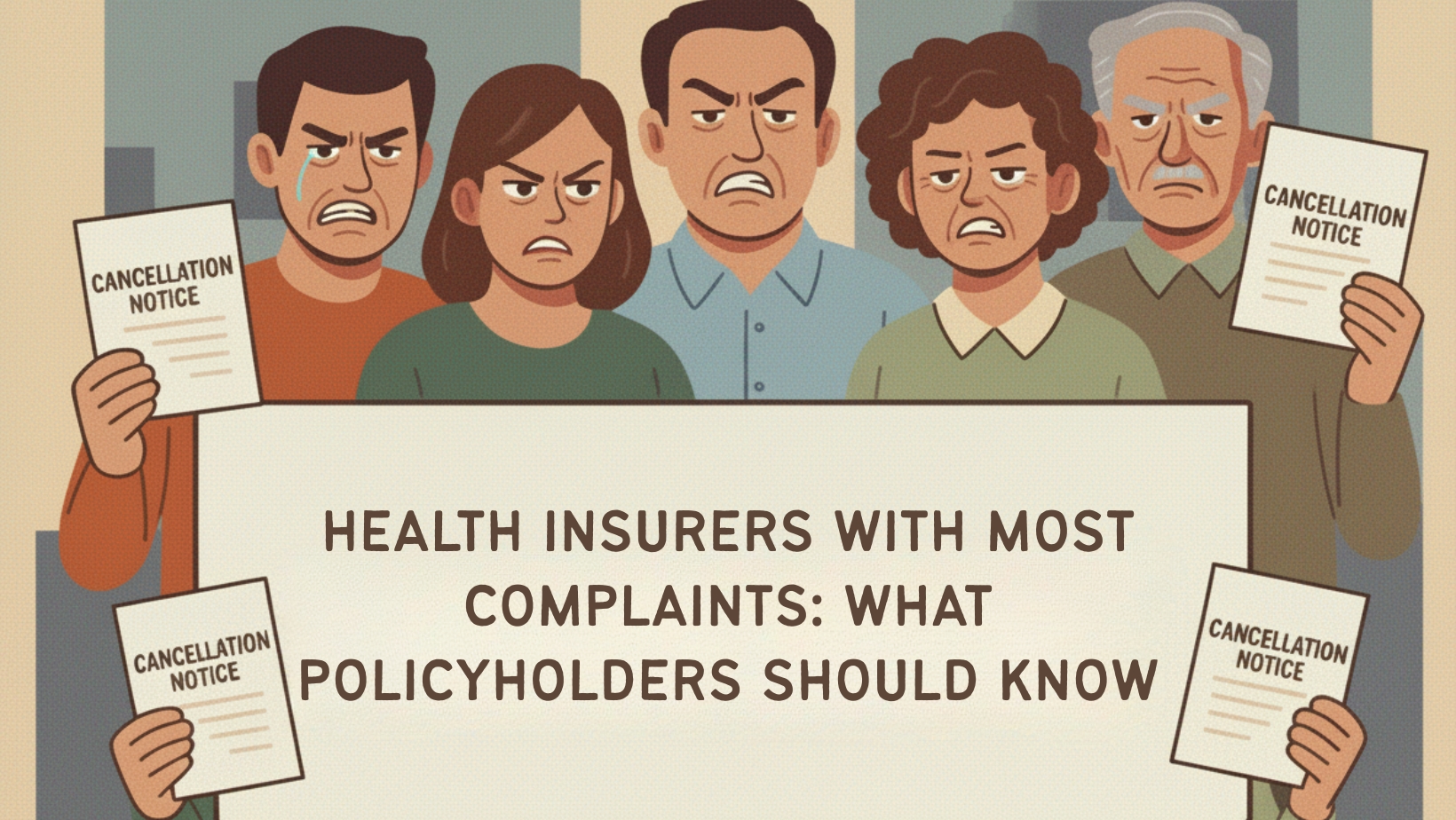
Many people buy health insurance expecting support during medical emergencies. But often, policyholders face frustration when their claims are rejected or only partially paid, leaving them with a financial burden. This issue is so common that many customers file complaints with the Insurance Ombudsman.
According to the latest report from the Council of Insurance Ombudsman (CIO) for the financial year 2023-24, certain health insurance companies received the highest number of complaints from customers. The insurer with the most complaints was Star Health & Allied Insurance, which alone had over 13,000 complaints. Out of these, more than 10,000 complaints were about rejected or partially rejected claims.
Following Star Health, CARE Health Insurance had around 3,700 complaints, while Niva Bupa Health Insurance recorded over 2,500. Only two public sector companies – National Insurance Co. Ltd and The New India Assurance Co. Ltd – made it to the top five.
Star Health explains that nearly 90% of its business is from individual customers, unlike others who have many group policies. This means Star Health deals with many more personal claims, which naturally leads to more customer feedback and complaints.
To fairly compare insurers, we can look at complaints per one lakh policyholders. This measure shows how many complaints come in relative to the size of the insurer's customer base. Here, Star Health still leads with 63 complaints per lakh policyholders, followed by Niva Bupa with 17, and CARE with 16 complaints per lakh policyholders.
Most complaints are about claim denials or partial payments. Under Rule 13(1)(b) of the Insurance Ombudsman Rules, 2017, the Ombudsman can intervene specifically on such claim rejections.
Star Health again leads with over 10,000 claim denial complaints taken to the Ombudsman, while CARE Health Insurance had about 2,400 such complaints.
Private insurers received many more complaints than public insurers. The Ombudsman got around 26,000 complaints against private health insurers, compared to just over 5,200 against public sector companies in FY 2023-24.
While complaints for life and general insurance decreased compared to the previous year, health insurance complaints increased by almost 22%.
To address claim delays and rejections, the Insurance Regulatory and Development Authority of India (IRDAI) has introduced a new Internal Ombudsman system. Each insurer must now have an Internal Ombudsman to handle complaints up to Rs 50 lakhs.
This Internal Ombudsman will review complaints not resolved within 30 days or partially/wholly rejected claims appealed by the policyholder. This aims to resolve issues faster inside the insurance company before escalating them externally.
However, some concerns remain about whether this internal system will be fully independent, since the Internal Ombudsman reports to the insurer’s senior management.
The rise in complaints, especially against private health insurers like Star Health, highlights the challenges policyholders face in getting their claims settled. The new IRDAI Internal Ombudsman could improve the situation if implemented well, by offering faster internal resolution.
Policyholders should stay informed about their rights, understand their policies clearly, and persist in following up on claim issues, using both the internal and external Ombudsman systems if needed.
